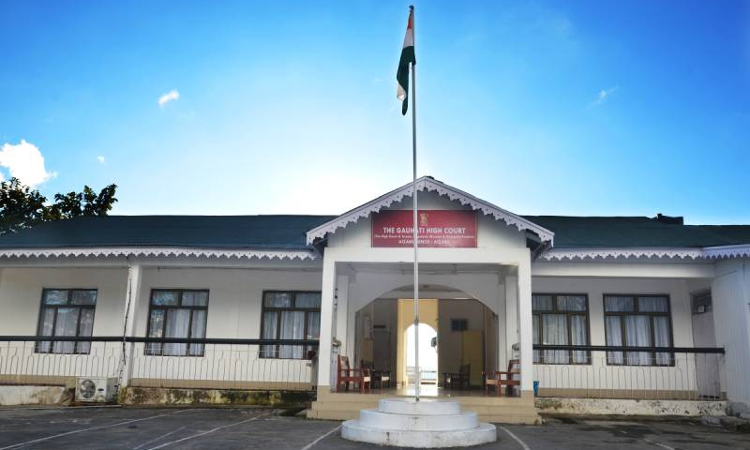20 Yrs Sentence U/S 4(2) POCSO Act Can't Be Imposed When Accused Was Booked Only U/S 4: Gauhati High Court
Udit Singh
25 Nov 2024 10:45 AM IST

Next Story
25 Nov 2024 10:45 AM IST
The Gauhati High Court at Aizwal recently set aside the judgment and sentence order passed by a Trial Court under Section 4 of the POCSO Act, on the ground the charge was framed without specifying the charge to be under 4(1) or 4(2) of the POCSO Act and the Trial Court did not put any preliminary questions to the victim child, before recording her evidence.The division bench comprising...
